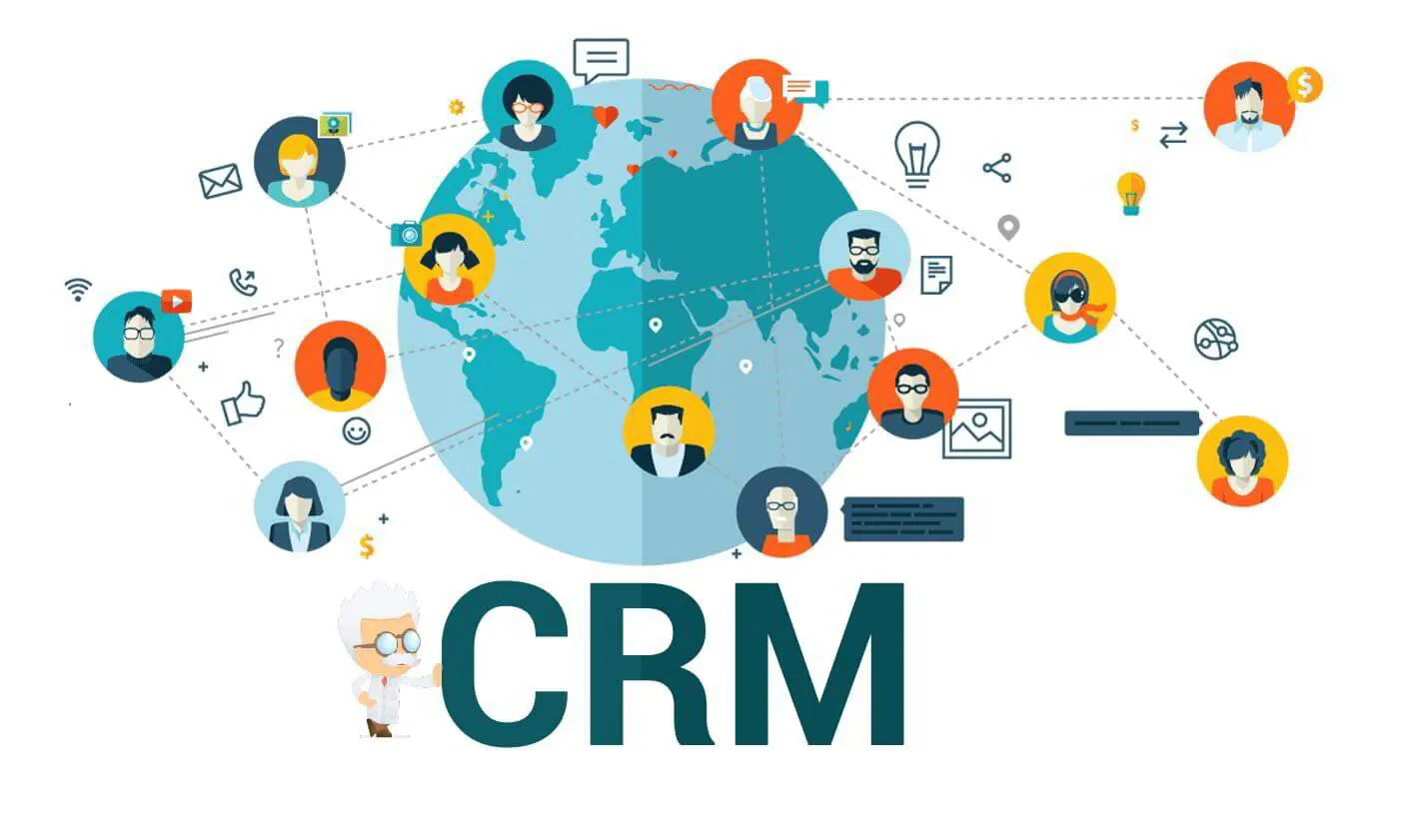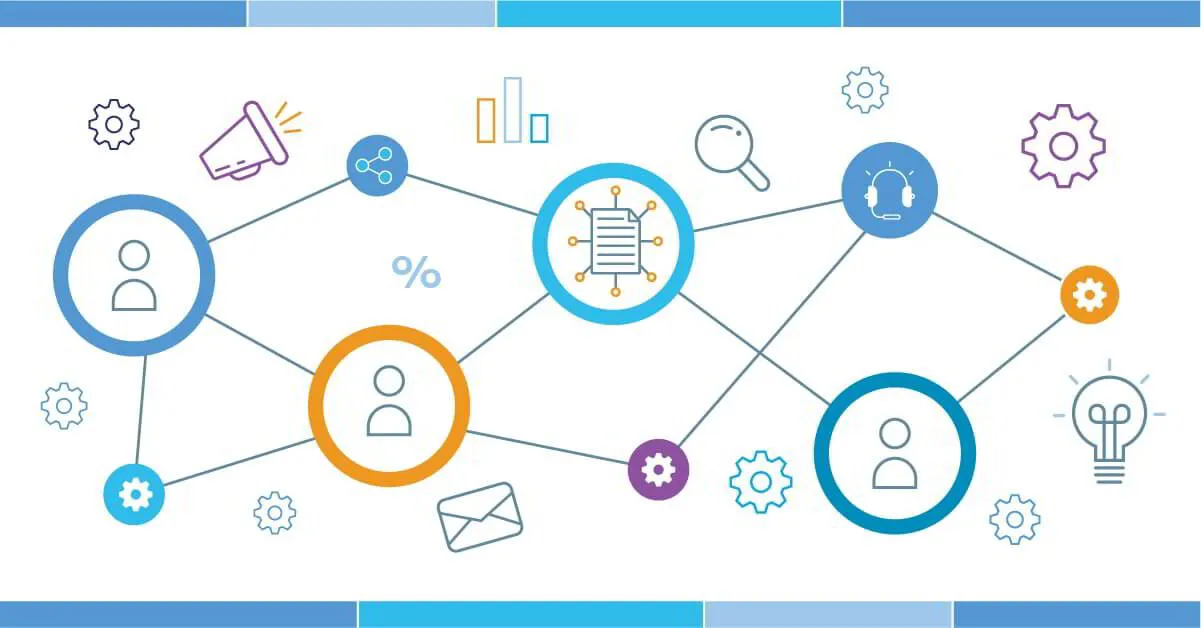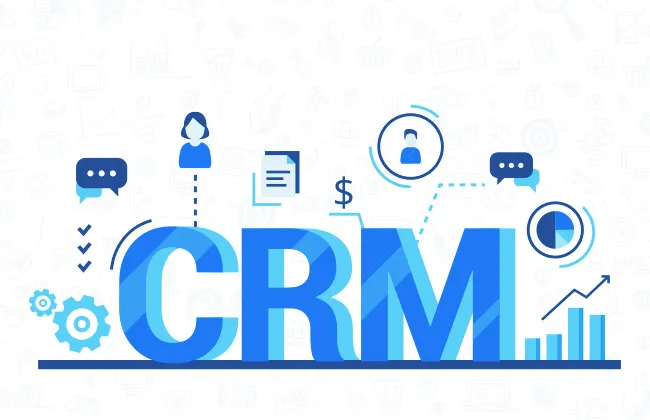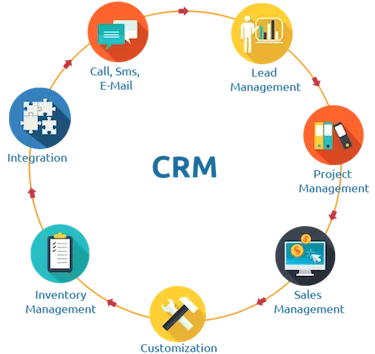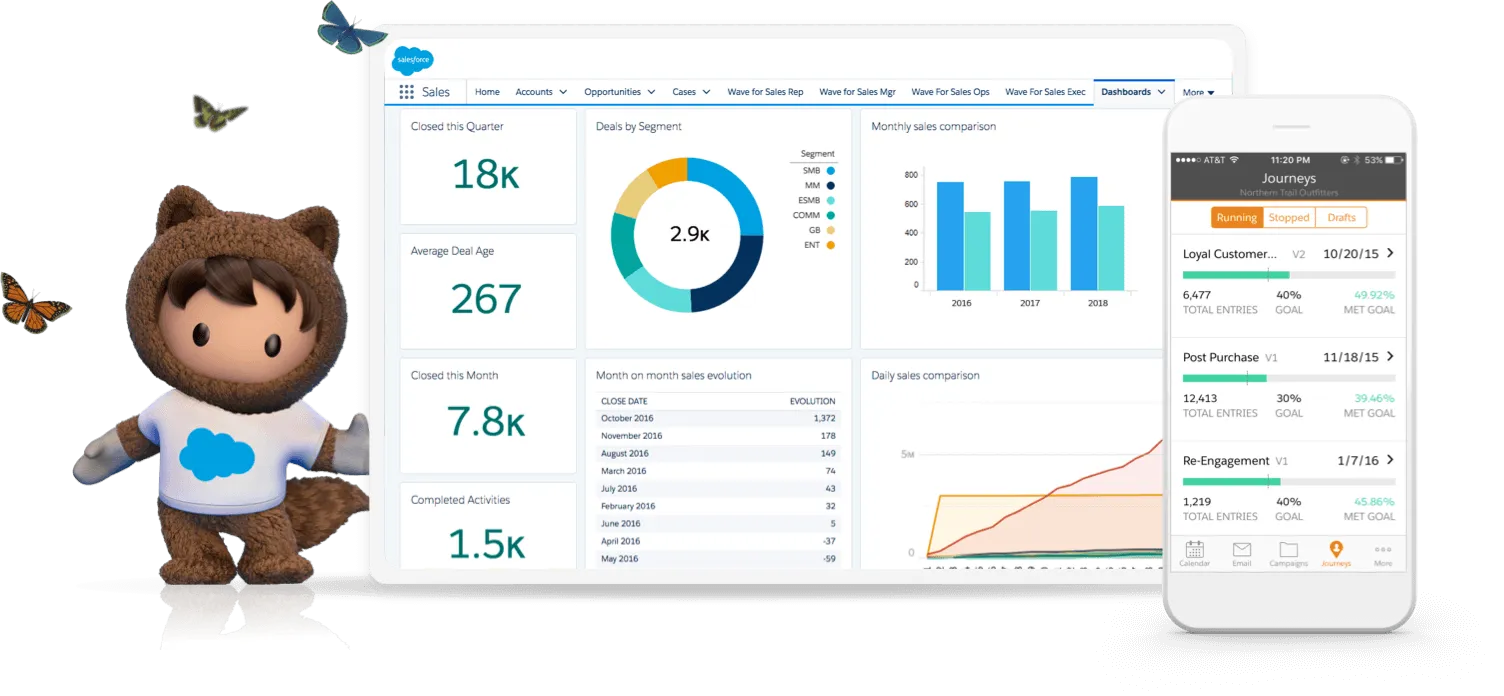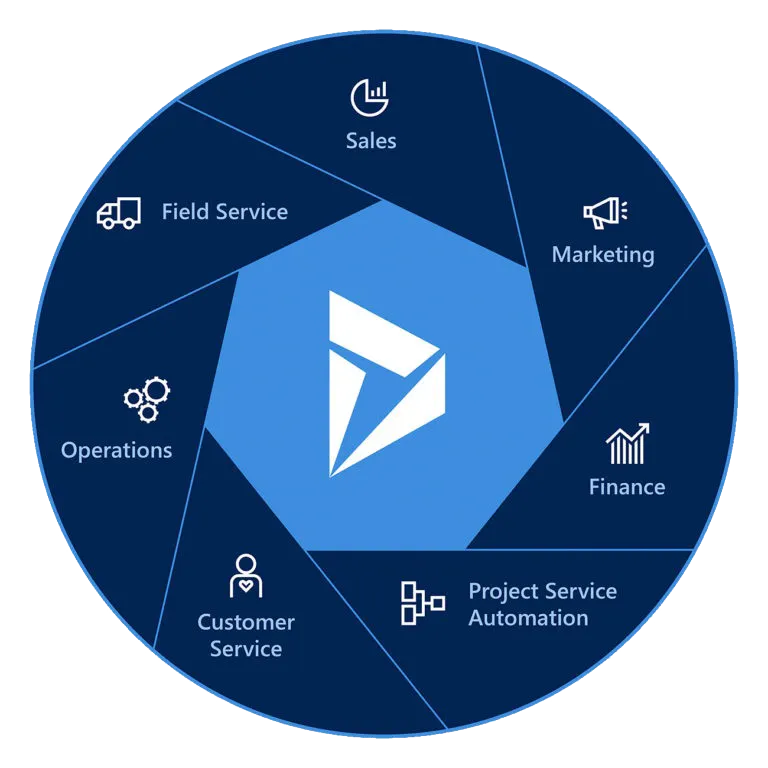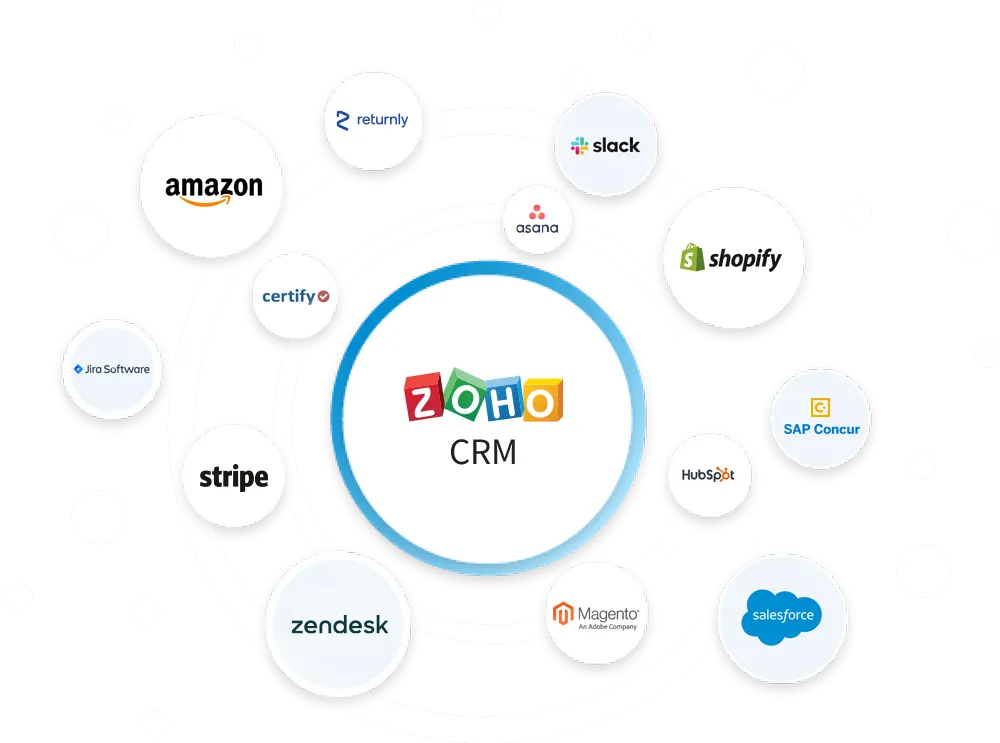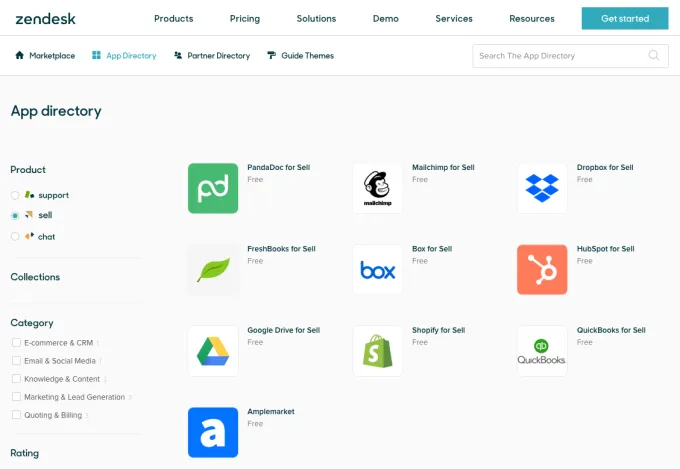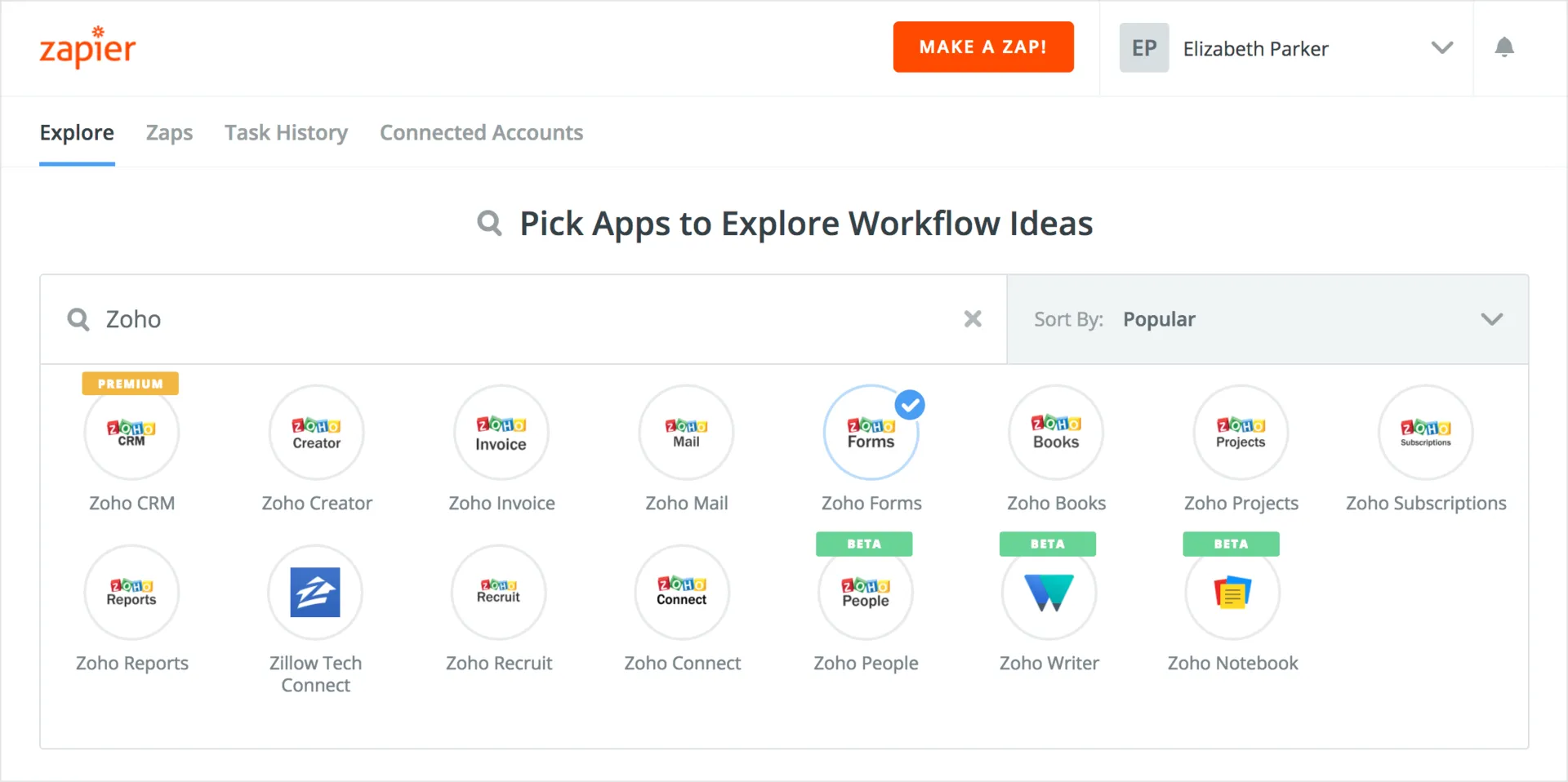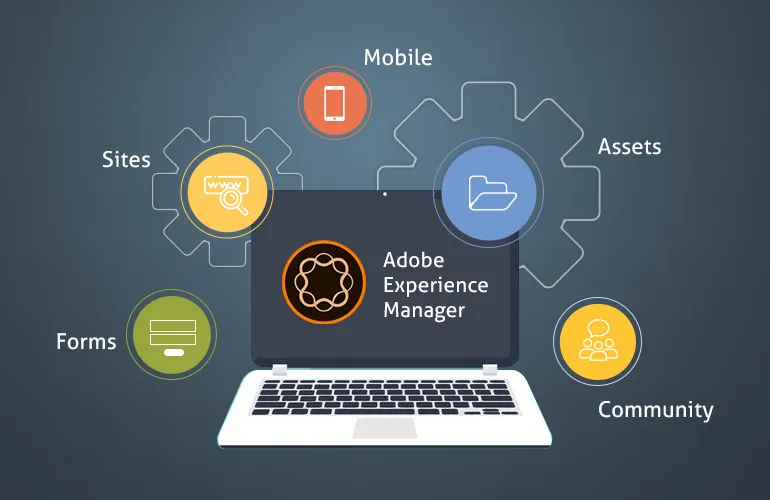The Best CRM Tools For 2021
Finding the best CRM tool can be difficult but CRMs are a great way to organize and manage your business. They can help you keep track of all the important details about your potential customers, prospects, leads, sales opportunities, etc., so that you don’t have to spend time doing it manually. There is no shortage of options functional on the market today for businesses looking to find the best CRM tool for their needs. In this article we will take an in-depth look at some of the most popular tools out there, including
What is CRM?
CRM stands for Customer Relationship Management. It’s a software that helps you manage your customer profile relationships and keep track of all the information about them, such as their contact details, purchases history, etc. The premier goal of this tool is to help companies improve sales performance by providing better service to customers.
Why CRM?
There are many reasons why businesses should use CRM tools:
1) Better Sales Performance – With an effective CRM system in place, it will be easier for business owners to identify potential clients and make sure they get what they want from the company. This means more money coming into the business.
2) Improved Marketing Efforts – A good CRM can also provide valuable data on how well marketing campaigns have been performing. You can then adjust future efforts accordingly.
3) Increased Productivity - Having access to accurate records lets employees to work faster and smarter. They won't waste time searching through old files or trying to remember things like phone numbers. Instead, they'll spend less time doing administrative tasks and more time working with customers.
4) More Control Over Your Company's Data - Having control over your own data gives you greater flexibility when making decisions.
Why do we need CRM?
The world has changed since the first CRMs were developed in the 1990s. Today there are many different types of businesses with varied needs. Some may only require elemental functionality while others might need advanced features. In order to meet these requirements, today’s CRM systems come equipped with several modules which lets users to customize the product according to their explicit needs. These include:
• Contact management
• Account management
Contact management? What does that mean?
This module stores all relevant information regarding contacts. Such info includes name, address, email, telephone number, notes, purchase history, etc.
Account management? What does that entail?
Account managers store contact information, store important financial data related to each client. This could include invoices, payments received, outstanding balances, etc.
What are the key features of the best CRM system?
Here are some of the most common features found in modern CRM solutions:
• Email integration
• Mobile apps
• Social media integrations
• Analytics & reporting
• Customizable dashboards
• Integration with other applications
How much does a CRM cost?
Depending on the type of solution you choose, prices vary widely. But, if you're looking at purchasing a new CRM, expect to pay between $100-$500 per month depending on its complexity. If you already have one installed but would like to upgrade, expect to pay anywhere between $50-$200 per user/month.
What makes a great CRM platform?
A lot depends on what kind of business you run. There are two major categories of CRM platforms:
cloud based and desktop based. Cloud based solutions offer a variety of benefits including easy deployment, scalability, mobility, security, and ease of maintenance. Desktop based solutions tend to be cheaper than cloud based ones because they don’t rely on third party servers. On top of that, they usually feature fewer functions compared to cloud based products.
Cloud Based Solutions
Pros:
1) Easy Deployment - With cloud based software, everything is done online via an internet connection. No installation needed! All updates happen automatically without any additional costs.
2) Scalable - Since no physical hardware is needed, this means that companies can easily scale up as their customer base grows. The same goes for scaling down.
3) Mobility - Users can log into their accounts from virtually anywhere using mobile devices such as smartphones and tablets.
Cons:
1) Security Issues - While cloud-based services provide excellent protection against hackers, they also make your company vulnerable to cyber attacks. It's best to keep sensitive files offline or use encryption when sending them over the web.
2) Costly Upgrades - Most cloud based solutions charge monthly fees regardless of how often upgrades occur. You'll end up paying more money even though you didn't actually add anything extra.
Desktop Based Solutions
Pros:
1) Lower Costs - Compared to cloud based solutions, desktop based programs typically require less upfront investment. They may not come with many bells and whistles, but they do let users to customize their experience according to their needs.
2) More Functionality - Some desktop based systems boast hundreds of different modules while others only contain elemental tools. A good example of this is Salesforce which offers both options.
Cons:
1) Lack Of Flexibility - Unlike cloud based solutions, desktop solutions aren't always scalable. This means that businesses must invest time and resources before being able to expand beyond a certain point.
2) Less Ease Of Use - Many people find it difficult to navigate through complex interfaces. Also, there isn't really a way to personalize these types of programs so they feel impersonal.
Which One Should I Choose?
If you want something simple yet powerful, then a desktop based system might work better for you. These programs are easier to learn and implement since most of the features are built in. Plus, they give you complete control over every aspect of your data.
If you need advanced functionality, then a cloud based program will probably suit you better. These programs are much simpler to set up and manage. They also include all kinds of useful features that help streamline processes.
In either case, choosing the right tool for your business comes down to knowing exactly what you need. If you're looking for a solution that lets you to track leads, sales opportunities, customers, contacts, etc., then a cloud based platform would likely serve you well. But, if you just want a place where you can store information about clients, prospects, vendors, suppliers, employees, etc., then a desktop based product should suffice.
Can't figure out which application is the best?
Try our calculator at the end of this article!
When Should a Business Implement CRM Software?
CRMs should ideally be implemented in tandem with other marketing strategies. That said, some industries benefit more from having a dedicated tool rather than relying on multiple apps. Here are some examples of where each type of solution excels:
1) Sales & Marketing Automation - If you sell goods or services then chances are you have customers who need help buying something. If you're selling things like cars, furniture, clothing, etc., then you probably want to automate most aspects of the sales process. These include lead generation, appointment setting, follow ups, order processing, payment collection, shipping, and much more.
2) Marketing Automation - Marketing automation refers to automated processes used by marketers to manage all aspects of lead generation, nurturing, and sales. These include email campaigns, landing pages, social media posts, etc. If you're looking to automate most if not all of your marketing efforts, then a single platform will likely suffice. But, if you want to go one step further and create custom workflows tailored explicitly to each client, then a standalone solution might be better suited.
3) Customer Service Management - CSM involves automating varied interactions between customers and employees. Examples include chatbots, self service portals, and interactive voice response systems. As long as you have an online presence, then implementing a robust customer support system could help improve overall brand awareness.
4) Customer Relationship Management - CRM software helps organizations track leads throughout every stage of the buying process. From initial interest to final purchase, everything happens within the confines of a single program. By keeping tabs on what prospects are doing at any given moment, you can identify opportunities to close deals faster and increase revenue.
What Is Your Company Looking To Achieve?
Before making a decision, consider whether you'd like to focus on one particular area (e.g. marketing , customer service, accounting, human resource management, etc.) or spread yourself across multiple areas. Then think about what kind of software you'd prefer to have access to at any given moment. Do you want an easy to use interface or a highly customizable option? Would you rather be able to view everything online or download reports onto paper? Once you've answered those questions, you'll know which type of solution works best for your explicit situation.
What Should You Look For in CRM Software?
There's no shortage of options when it comes to choosing a CRM app. But before you start comparing features, make sure that you understand how they differ. Some platforms offer only elemental functionality while others provide advanced toolsets designed to meet the needs of even the largest companies. So here is a list of key factors to keep in mind when selecting a CRM product:
1) Mobile Accessibility - Most modern CRM solutions lets users to log into their accounts via mobile devices such as smartphones and tablets. This means that you don't have to worry about being tied down to a desk during business hours. Plus, many apps now feature native integration with popular messaging programs so that you can send messages directly from inside the application itself.
2) Data Security - The last thing you want is for sensitive information to fall into the wrong hands. That's why it's important to choose a CRM tool that offers data encryption capabilities. It should also come equipped with security measures that prevent unauthorized individuals from accessing user profiles and other confidential details.
3) Customization Options - While some vendors may claim that their products are fully customizable, this isn't always true. In fact, there are often limitations placed on customization options due to licensing agreements. Make sure that you read through the fine print carefully before signing up for anything.
4) Reporting Capabilities - When it comes time to analyze results, you need to be able to generate customized reports based on varied criteria. If you're looking for something simple, then look for a platform that lets you to create standard reports using pre-defined templates. But, if you plan to customize each report individually, then you will probably require more robust reporting tools.
5) Integration With Other Applications - Many businesses rely heavily upon third party applications. These include things like email clients, project management systems, document storage services, social media networks, and much more. To ensure that all these different components work together seamlessly, you'll need a CRM system that integrates well with them.
6) Customer Support - Finally, you'll want to find out exactly who you can turn to if you run into problems. Fortunately, most CRMs today boast excellent support teams that are functional 24/7. They can help answer any technical issues you might encounter along the way. And since most providers offer live chat and phone support, you won't ever feel alone.
What is the Best CRM tool?
If you don't know where to start, here are some popular options:
- SalesForce
- Microsoft Dynamics 365
- SugarCRM
- Adobe Experience Manager
- Dynamics AX
- KanbanFlow
- Pivotal Tracker
- Trello
- Xero
- Yammer
- Zapier
- Zendesk
- Zoho CRM
> Salesforce
One of the best known names in CRM technology, Salesforce offers both cloud based and desktop versions of its products. Its flagship offering is called Force.com, which provides everything needed to build custom applications using standard web technologies. One of the biggest advantages of this platform is that it comes free of charge. It doesn't matter whether you use an iPhone, Android device, Windows PC, Mac OS X computer, Linux machine, or any other kind of computing device; you will be able to install and run the software without paying anything extra. The downside is that it requires a certain level of technical expertise to set up and maintain. Another drawback is that it isn't as easy to integrate into existing business processes as other platforms such as Microsoft Dynamics 365.
Pros:
- Easy to set up and customize
- Has everything we needed already included
- Great customer service teams
- Very intuitive interface
- Third-party integration
- Free trial
Cons:
- Not very easy to learn
- Some customization is needed
- If you do not know how to code then you will find it difficult to build out certain functionality
- Does not work well with mobile devices
- Reports may require additional licenses
> Microsoft Dynamics 365
Another well-known brand in the industry, Microsoft Dynamics 365 was launched back in 2016. Like Salesforce, it also offers two premier editions - Cloud and On Premise. Both offer similar functionalities, although they differ slightly in terms of pricing. While the former costs around $10 per user per month, the latter can range from $20-$40.
As for customization capabilities, both editions provide extensive support for third party add-ons. They also feature mobile apps so that salespeople can access customer details wherever they go. Finally, both editions are fully integrated with Outlook, making them easier than ever before to work with.
Pros:
- Excellent reporting tools
- Mobile app
- Extensive API's
- Good customer service representatives
- Can easily connect to your email system
Cons:
- Expensive
- Requires coding skills
- Limited customization
- No real time data tracking
> Zoho CRM
Zoho's CRM tool is designed explicitly for small businesses. Unlike the aforementioned offerings, it focuses solely on providing simple yet powerful tools for managing your customers' accounts. In fact, all you need to do is create a profile for every single person who works within your company. From there, you'll be given varied reports showing how many contacts you've got, what their average age is, and more. You can even send emails directly through the app. There's no limit to the number of users you can register under your own domain name. Pricing starts at just $5 per user per month.
Pros:
- Advanced customizable
- Good for small businesses who just need elemental features
- No setup fees
- Excellent customer interactions
- You get more bang for your buck
Cons:
- Limited customizations
- Only works in web browser
- May lack advanced features
- Requires coding skills
> Zendesk Customer Service Platform
This product has been around since 2006 but still remains very relevant today. Zendesk is a complete help desk system that lets companies to manage incoming calls, track issues, assign tickets, and communicate with clients via email. All these features come together in a neat package that makes it extremely easy to get started. If you're looking for something affordable, then Zendesk might be worth checking out.
Pros:
- Simple to implement
- Works great for smaller teams
- Can deal with large volumes of requests
- Comes with excellent documentation
- Offers unlimited phone support
Cons:
- Doesn't have much flexibility when it comes to reporting
- Needs some training if you don't want to become a programmer
- Pricey compared to competitors
> Zapier
If you want to automate some tasks, Zapier could be exactly what you're after. This service lets you connect different online services by creating "recipes" that trigger actions when explicit events occur. So if you have a Gmail account, you can automatically forward new messages to another one whenever someone sends you an email. Or maybe you'd like to receive notifications about new orders placed on Amazon? With Zapier, you can easily link those two things together. And because it's completely automated, you don't need to worry about setting up complicated rules yourself. Just choose the action you want to take and select the event that triggers it. Then click Connect and watch as the process takes place.
Pros:
- Easy to use
- Great for automating artificial intelligence repetitive processes
- Free trial available
- Works across multiple platforms
- Can integrate with other applications such as Google Sheets or Slack
- Lets you to save time & money
- Extensive Third-Party Integrations
Cons:
- Not suitable for large enterprises
- Doesn’t let you to customize templates
> Adobe Experience Manager
AEM is a content management solution developed by Adobe Systems. AEM combines several key components including CMS, workflow automation, social media integration, analytics, marketing automation, etc., into a unified application. As a result, it helps organizations streamline internal operations while improving client experience. It comes with its own built-in reporting engine which provides detailed insights into business performance. The platform supports multiple languages and integrates seamlessly with other applications such as Photoshop, Illustrator, Dreamweaver, Flash Builder, Flex SDK, ColdFusion, Java EE, J2EE,.NET Framework, SharePoint Server, SQL Server, Oracle Database, MySQL, PostgreSQL, MongoDB, Redis, and Solr.
Pros:
- Easy to use
- Great support team
- Can integrate with almost any software or website
- Comes with free trial version
- Free updates
Cons:
- Not suitable for large enterprises
- Expensive compared to competitors
- Doesn’t offer much customization options
- Some people find it difficult to learn
- Lack of documentation
Don't know which application is the best for you or your business? Having trouble in deciding the best app for your needs?
Try our calculator which uses your inputs based on your need/preferences to deliver the best application for you to use.
To sum up,
Your needs are what determines the best tools for you. If you just want something simple then go ahead and try out HubSpot. But, if you require more advanced features then consider using Salesforce instead. CRMs come in all shapes and sizes, but they share certain traits. They help businesses manage their sales pipeline, track leads, nurture prospects, and close deals. But not every tool will work well for every company—and even within companies, each department may prefer a slightly different approach. In either case, make sure you do thorough research before making a decision so that you get the most value from your investment in technology.
With the help of our article and with your knowledge, you should be able to determine the best CRM tool for you and your business to increase your sales growth.
What are your views about CRM? Is it the best way to foster customer relationships? Is this enough in gaining the customer's attention?
Hope this helped!
Like What You're Reading?
Sign up for more articles on our website!
Related Articles
Why SaaS is becoming the go-to service?
Best Email Marketing Software for 2021
How AppSumo Does Black Friday?
F.A.Q'S
Who need CRM?
Any CRM tool will help you if:
You're unable to keep up with lead flow.
Your customer data is hard to locate.
You don't know what your sales teams are up to.
Your customer service is coming up short.
You have valuable, long-term accounts you need to manage.
Your reporting process takes too much time.
What is CRM cycle?
The CRM cycle involves marketing, customer service, and sales activities. It starts with outreach and customer acquisition and ideally leads to customer loyalty.
Why is CRM needed?
Every interaction based on CRM creates an opportunity for your customer to have a more personal, compelling experience. It's also an opportunity for you to build brand equity, improve satisfaction, and make more sales. And that's how you create customer loyalty and increase revenue.
What are the 3 types of CRM?
There are three main types of CRM systems:
Collaborative,
Analytical, and
Operational.
